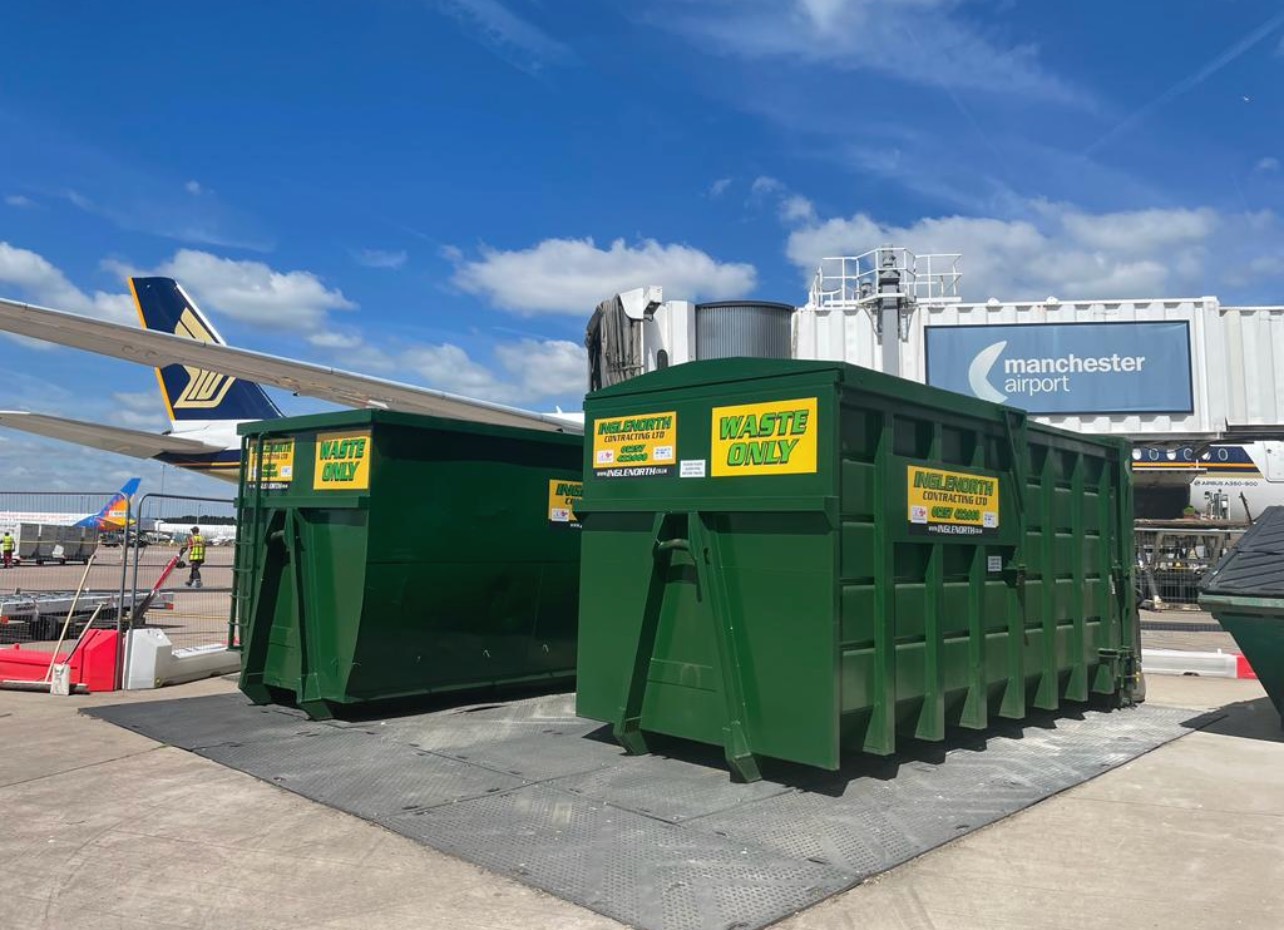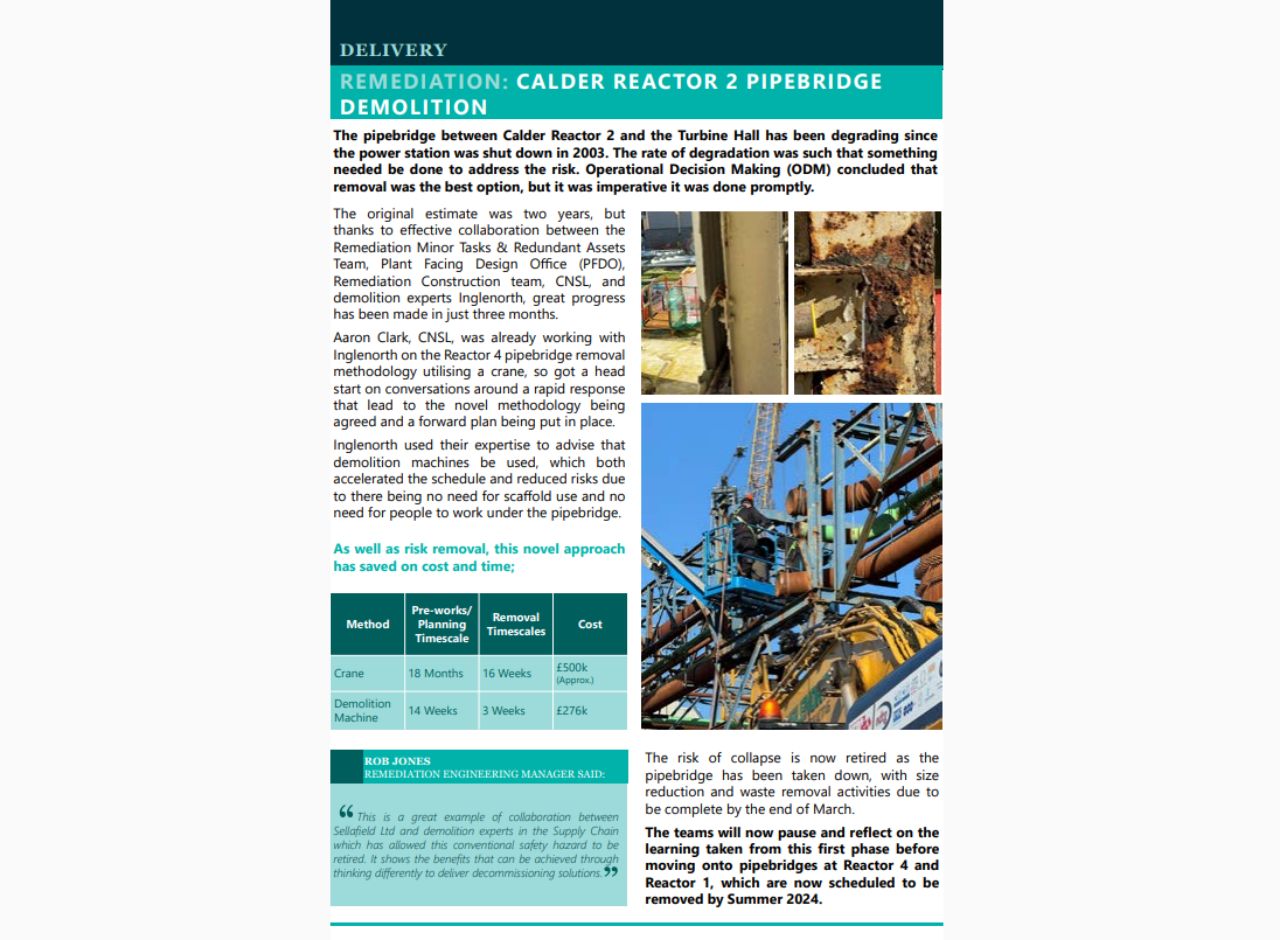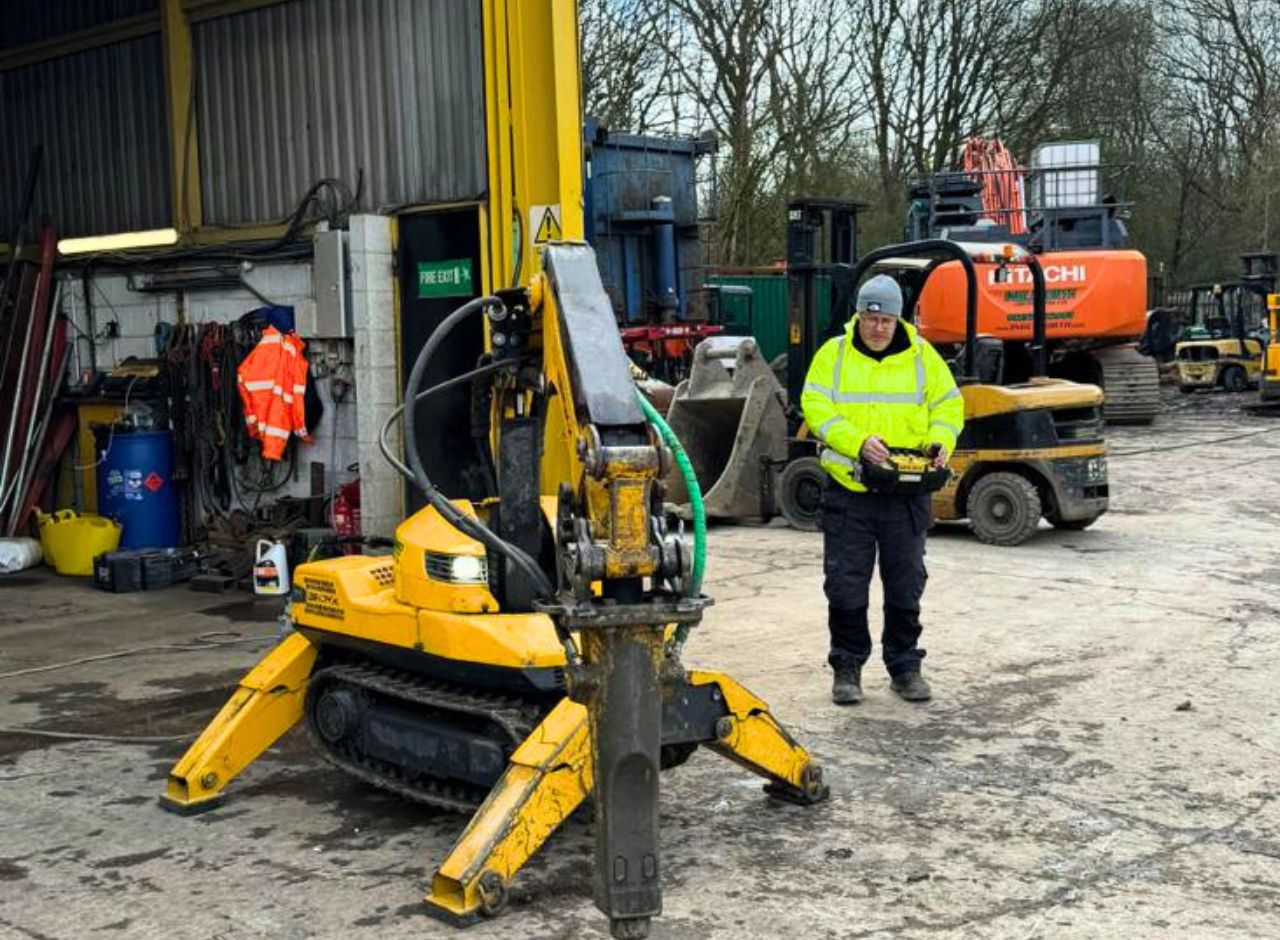Environmental Benefits of Responsible Demolition

The world is changing, and so are our attitudes towards construction and demolition. As we become more aware of the impact of our actions on the environment, responsible practices in all industries are gaining importance. One such industry is demolition, where a shift towards environmentally friendly practices is not only beneficial for the planet but also for our communities and future generations. We have looked at the environmental benefits of responsible demolition and how it can contribute to a sustainable future.
Reducing Waste and Promoting Recycling
One of the primary environmental benefits of responsible demolition is the reduction of waste and the promotion of recycling. Traditionally, demolition projects historically generated large amounts of waste, much of which used end up in landfills. However, responsible demolition practices now prioritise salvaging materials and recycling as much as possible.
By carefully deconstructing buildings and separating materials like concrete, steel, wood, and glass, these resources can be reused in new construction projects, reducing the need for virgin materials. This not only conserves natural resources but also lowers energy consumption and greenhouse gas emissions associated with manufacturing new materials. Additionally, it decreases the burden on landfill sites and reduces the potential for harmful pollutants to leach into the soil and water.
Minimising Air and Water Pollution
Responsible demolition goes beyond just reducing waste. It also focuses on minimising air and water pollution during the demolition process. Old buildings often contain hazardous materials such as asbestos, lead-based paint, or toxic chemicals. When demolished haphazardly, these substances can become airborne, posing health risks to workers and nearby residents.
In contrast, responsible demolition involves comprehensive hazardous material assessment, safe removal procedures and stringent control measures. This ensures that harmful substances are contained and disposed of properly, preventing contamination of the air and water. By taking these precautions, we protect both human health and the environment.
Energy Efficiency and Carbon Reduction
Demolition, like any other industrial process, consumes energy. However, responsible demolition practices aim to make the process as energy-efficient as possible. This includes using advanced machinery and techniques that require less fuel and produce fewer emissions.
Responsible demolition is often part of broader sustainable development initiatives. When old, inefficient buildings are replaced with new, energy-efficient structures, it can lead to substantial energy savings in the long run. This contributes to the reduction of carbon emissions, helping combat climate change.
Preserving Natural Habitats
Demolition doesn’t always involve urban or residential structures. Sometimes, it’s necessary to remove industrial or commercial facilities located in or near natural habitats. In such cases, responsible demolition ensures that the surrounding ecosystem is protected.
By carefully planning and executing demolition projects, environmental specialists can mitigate the impact on local wildlife and ecosystems. They can also take steps to restore natural habitats, planting native vegetation and creating a healthier environment for animals and plants.
Conclusion
Responsible demolition is more than just tearing down buildings; it’s a commitment to sustainable practices that benefit the environment and communities. By reducing waste, minimising pollution, increasing energy efficiency, and protecting natural habitats, responsible demolition contributes to a greener and more sustainable future.
As consumers and businesses become more environmentally conscious, the demand for responsible demolition practices will likely continue to rise. Choosing a demolition company that prioritises these principles not only ensures a safer and cleaner environment but also aligns with the global efforts to combat climate change and promote sustainability.
In summary, responsible demolition is not only about bringing down structures but also about lifting up our commitment to the planet and future generations which we aim towards at Inglenorth with each project we carry out.
continue reading
Related Posts
In our ongoing efforts to maintain top-tier demolition safety standards and operational efficiency, six of our team members recently completed a comprehensive training session on the BROKK remote control plant.
In our ongoing efforts to maintain top-tier demolition safety standards and operational efficiency, six of our team members recently completed a comprehensive training session on the BROKK remote control plant.
Inglenorth operatives recently underwent demolition plant operator safety critical medical assessments. Conducted on Friday, 5th April, these assessments aimed to ensure that all personnel met the necessary medical standards for operating plant and machinery.




